Earth Day feels odd this year. With much of the U.S. and Europe still in #stayathome mode, the internet is flooded with images of crystal clear canals in Venice, smog-free skies in L.A., and the shrinking "dead zone" in the Gulf of Mexico. For all of the devastation wrought on humanity by COVID-19, our collective efforts to #flattenthecurve have Mother Earth breathing at least a temporary sigh of relief.
Obviously, the recent respite from environmental degradation is an unintended, albeit positive, consequence of several weeks of quarantine. We can't really take credit for it. But we can learn from it.
In an almost ridiculously short amount of time, the air and water around us have cleared and brightened so dramatically that it will be impossible to go back to the old status quo without, at minimum, acknowledging the dramatic impact that our lifestyles and choices have on the environment.
It's nonsensical to think that we will maintain anything like this level of inactivity for long after the pandemic no longer dominates our attention. It is possible, however, to use this impactful realization as a catalyst to jumpstart us on the path toward more environmentally friendly behaviors, in our personal lives, sure, but also in a Lean business. As Mother Nature has shown us recently, even rapid changes can have dramatic, and perhaps even lasting, positive impacts.
The core of Lean is, of course, identifying and eliminating waste, or anything "non-value added," as in not of value to your customers. It can be tempting to look at environmental improvement efforts as "non-value added," and if done in a way that distracts from core activities, they can create their own waste. Done properly, though, environmental improvements can be an integral part of Lean and most certainly be of value to your customers.
The Environmental Protection Agency (EPA) has a variety of resources available to help businesses integrate environmental waste reduction along with other Lean and waste reduction efforts. An easy first resource to grab is the "Lean & Environment Toolkit", which points out that "environmental wastes can be found in almost any process." It goes on to detail how the Lean tools you're already using—like value stream mapping, kaizen rapid improvement events, and so on—can help you begin to identify and address environmental waste.
Why should you care, you ask? For a quick glance, the Toolkit's opening chapter delivers a bite-sized overview of the benefits of at least coordinating if not integrating your Lean and environmental improvement efforts:
- Reducing costs
- Improving process flow
- Reducing lead times
- Lowering regulatory non-compliance risks
- Improving environmental quality
- Improving employee morale and commitment
- Meeting customer expectations
The first four points alone are, of course, the oft-cited, compelling reasons to implement Lean in general. The last three on this list, though, add some additional weight to tending to the environmental improvement side of the equation as well. Simply put, environmental improvements are good business.
It shouldn't be surprising to learn that sustainability is mainstream. Study after study now shows that consumer preference for sustainable goods, and by extension environmentally responsible companies, continues to grow unabated.
A 2015 Nielsen poll of 30,000 consumers in 60 countries concluded that 66% of global consumers and 73% of Millenials specifically are willing to pay more for sustainable offerings. Even more compelling is that the global percentage had increased substantially in just one year, up from 55% of global consumers and just 50% of Millenials surveyed in 2014.
“Sustainability is a worldwide concern that continues to gain momentum—especially in countries where growing populations are putting additional stress on the environment,” says Grace Farraj, senior vice president, Public Development & Sustainability at Nielsen. “An increasing number of consumers in developed regions consider sustainability actions more of an imperative than a value-add.”
Just a few years later in 2018, a Nielsen online survey found that 81% of global respondents feel that companies should help improve the environment.
I could go on quoting statistics and studies and polls all day long. (I might even do it again here soon because I'm just that kind of geek.) The point of all of this, though, is that "going green" really is good for business, Consumers want it and, more often than not, expect it. So, if your customers don't already expect it, they probably will soon.
Jump on in! The water's fine (and crystal clear, at least for now).





